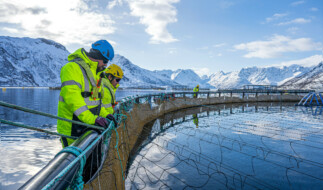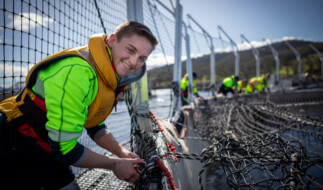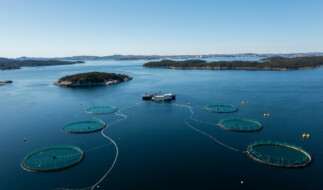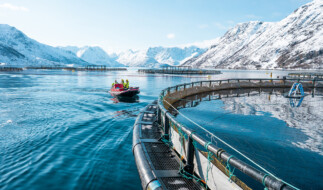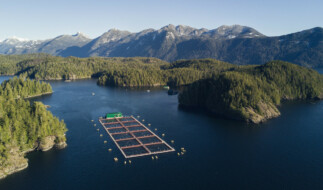The Economist’s World Ocean Summit – Delivery, Accountability and the Changing Tides of Ocean Sustainability
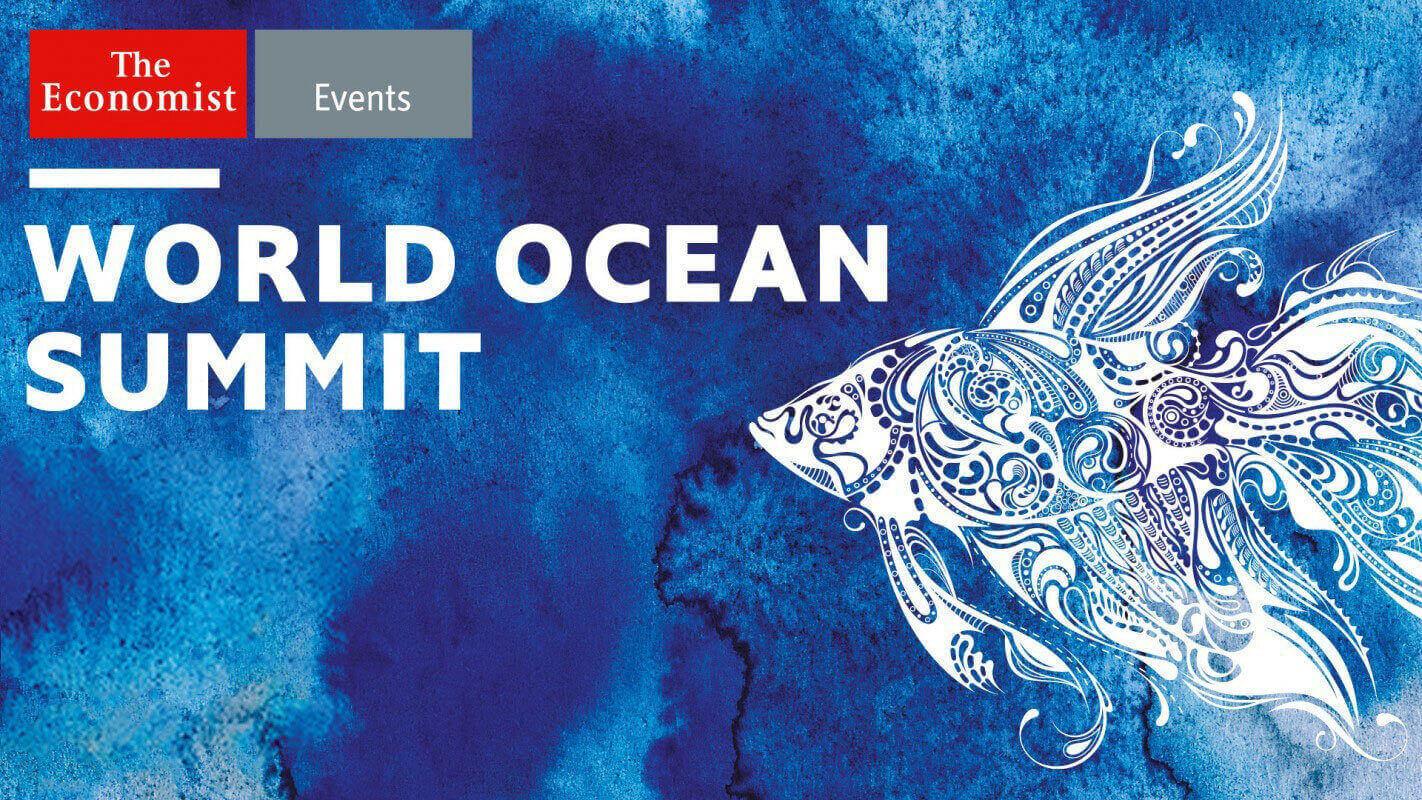
Starting today, The Economist’s World Ocean Summit is looking at how to turn these pledges into reality, and in this blog we intend to share how GSI is doing just that.
We all know it can be easy to make promises, but it is not always so easy to keep them. Under the themes of delivery and accountability, speakers at this year’s Summit will be discussing what these commitments actually mean for the ocean, and how government and industry work together to deliver on these commitments.
“The oceans present a huge economic opportunity, but also a huge environmental responsibility.”Karmenu Valla – Commission for Environment, Maritime Affairs and Fisheries, European Commission
GSI members pledged their support to Sustainable Development Goal (SDG) 14, which has set a target to conserve and sustainably use oceans, seas and marine resources for sustainable development by 2030. A big commitment – but what does that look like in reality?
Farmed salmon can create a step-change in sustainable protein production, by helping meet demand for healthy, eco-efficient protein. To achieve this, significant change and improvements are needed across the industry.
This is where the GSI comes in – by identifying opportunities to improve the responsible performance of the sector, and utilizing its model of pre-competitive collaboration, the GSI is creating change at scale and at speed.
"Aquaculture has the potential to be the most sustainable source of animal protein; but to seize this opportunity, it must adopt a mindset of continuous innovation. Only by focusing on innovations will we be able to reach scale and improve performance."Geir Molvik – Chief Executive Officer, Cermaq
What changes are we working on?
- Improving production practices by achieving the highest industry standards – the Aquaculture Stewardship Council (ASC) certification
- Improving biosecurity management
- Sourcing sustainable feed
By supporting knowledge transfer between companies, we are quickly identifying what is working and what is not. For instance, within our biosecurity taskforce, our company experts meet twice a year to review developments in biosecurity management. Instead of each company trialing various approaches at high investment costs for many months, we share the updates and determine if they are worthwhile or not – sharing best practice and saving companies time and money. Through open discussion and the sharing of experiences, we are able to identify if there are different approaches, or improvements that can be made to deliver better results.
Another example is our recent project on sourcing alternatives to marine feed ingredients. Acknowledging that the industry needs to reduce its dependence on marine ingredients, and noticing that there were insufficient options currently available, GSI members in partnership with our associate feed company members, issued a tender for companies to supply novel new approaches. Through this joint action, we sent a strong market signal on what the industry needed, and triggered significant development that feed companies are now working on with many new providers to integrate novel approaches into their products.
Continuous evolution and innovation also play a critical role in getting us on the pathway to a more sustainable future, and Geir Molvik, GSI Member and CEO of Cermaq, will discuss this very topic at The Economist’s World Ocean Summit, in a speech on March 7. Whether it’s introducing a new type of net for fish pens, or finding new feed ingredients which are better for the environment, innovation must be fostered at every level, and essentially become a mindset. It’s not just a case of driving innovation; it’s also about disseminating innovative ideas and experience that touches every aspect of how we operate and sharing with the wider aquaculture sector.
Regardless of what we need to achieve, or how we plan on getting there, delivery comes hand in hand with accountability. But what does accountability actually look like?
For the GSI, we knew we needed to set clear, demanding parameters to act as our benchmark for progress, which is why we chose to use the ASC certification as our reference point. With more than 150 indicators covering all elements of production – environmental, social and economic, it is the most stringent set of standards available and provides the verification and accountability behind our sustainability commitments.
But there is no point working on this in the background, we have learned that it is only through being transparent that you can be fully accountable. The salmon farming industry has its challenges, but as part of our commitment to improvement, we know we need to be open on the good and the not so good. It’s for this reason all GSI members publish key sustainability data online, as part of an annual Sustainability Report for anyone to view. This means every company, in every region, is required to report data for all 14 sustainability indicators, and have the data independently audited.
Finally, and by no means least important, accountability means engaging with stakeholders and being open to dialogue with others. The GSI has found that listening to feedback from multiple stakeholder groups provides invaluable advice on how to progress against our targets.
It’s this last point – working with others – which is one of the critical pathways to achieving real change. Attendees at The Economist’s World Ocean Summit include representatives from companies large and small, to NGOs, to governments – proof that people at every level and from every discipline have a role to play in safeguarding the future of the ocean.
In the case of the GSI, this means not only working together as companies, but with authorities and other industries. GSI members are collectively accountable to the local communities and other ocean users; it’s only through these important relationships we can move forward towards fully delivering our commitments and beyond.
The GSI will be closely following the outcomes of the summit – especially to see what learnings can be transferred over to aquaculture and incorporated into our actions plans – to help accelerate the transition to the fully sustainable use of the ocean.
